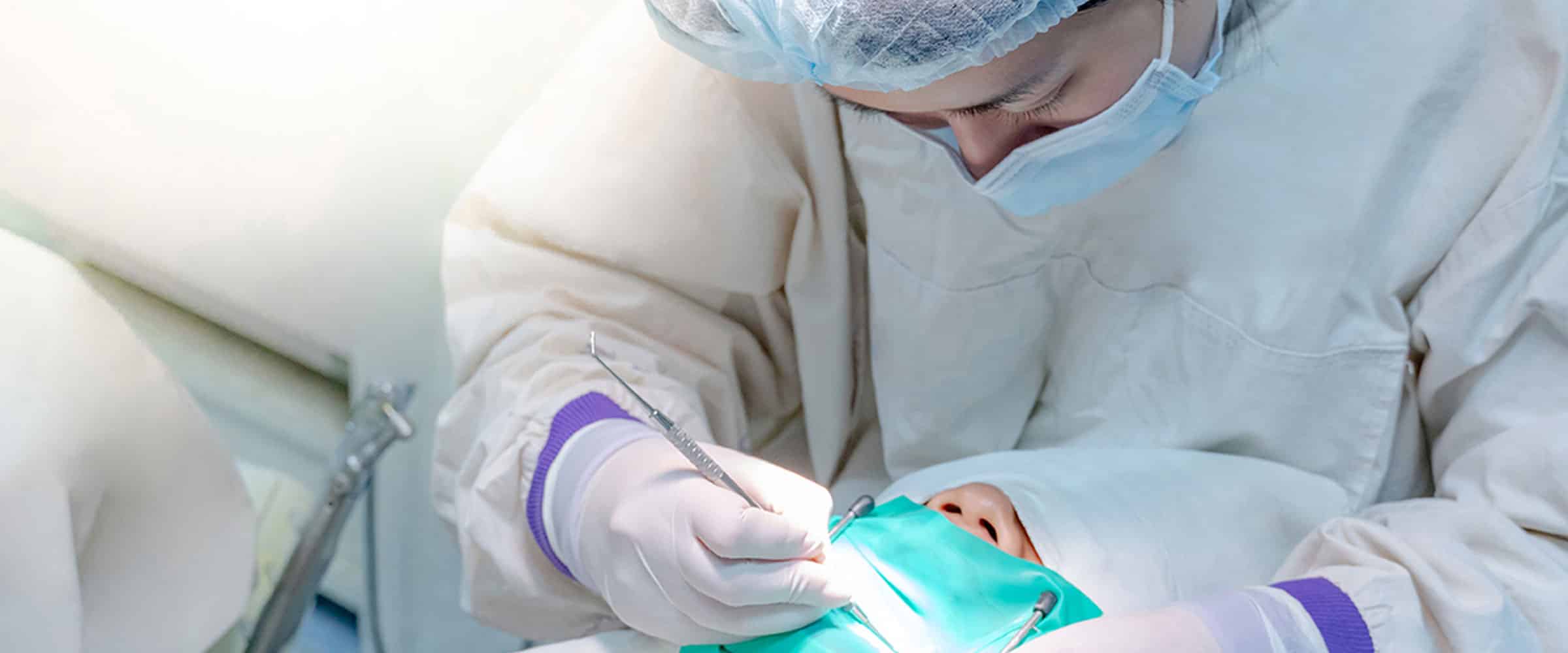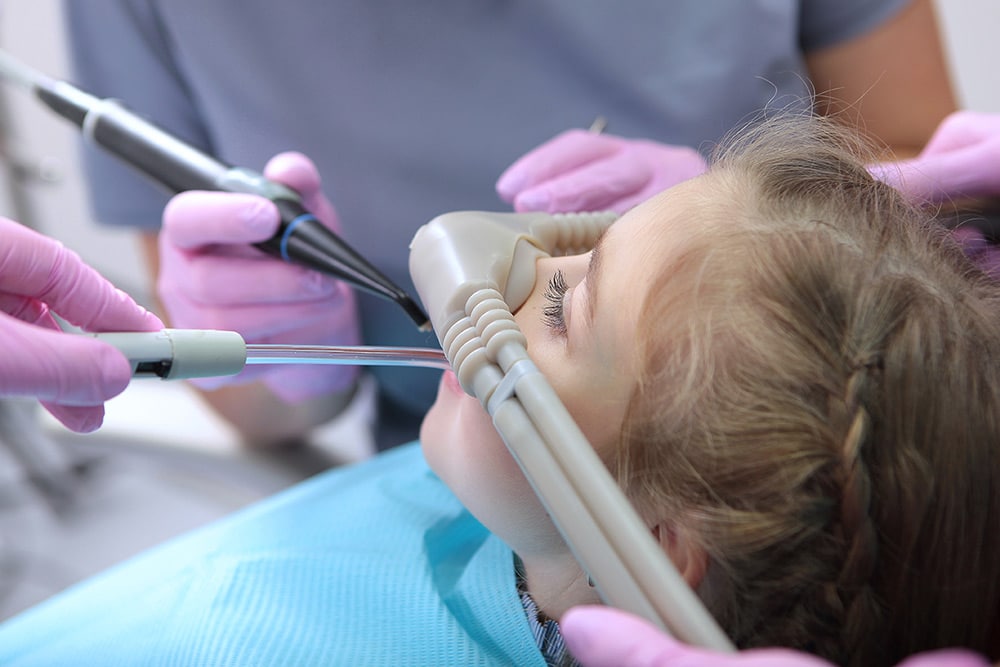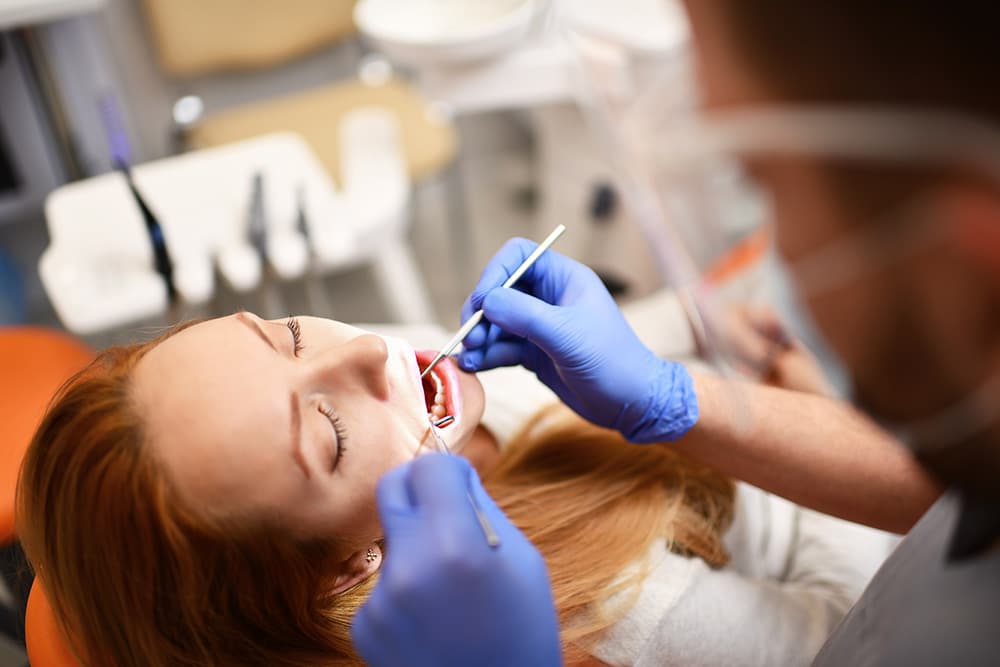
With sedation, a drug is administered before or during the dental procedure to calm a patient or to make patients more comfortable during long procedures.


Since its inception in 2003, Family Dental Centre (FDC) has grown into a network of dental clinics in Singapore, driven by the mission to provide quality and accessible dental care to the community. As part of the Oracare Group and recognised by both the Singapore Medical Council and the Ministry of Health, our focus is on upholding high standards in dental services, a commitment that has led to our inclusion in Dental Asia and listing on HealthHub, Singapore’s leading health portal.
At FDC, understanding and meeting the individual needs of our patients is at the heart of what we do. Our expansion to 12 conveniently located clinics is a reflection of our commitment to making dental care accessible to all, supported by a team of 32 dental surgeons. Continuous professional development is key, ensuring our team is equipped to provide tailored, high-quality care. In recognition of Singapore’s diverse culture and languages, our staff are conversant in English, Mandarin, and Malay, facilitating clear and effective communication with our wide-ranging clientele.
Choosing Family Dental Centre means opting for a partner committed to your long-term dental health. Learn more about FDC and discover how we can be part of your dental care journey.
Contact
For more information, please contact our friendly customer service team
Menu
Services
Why Us